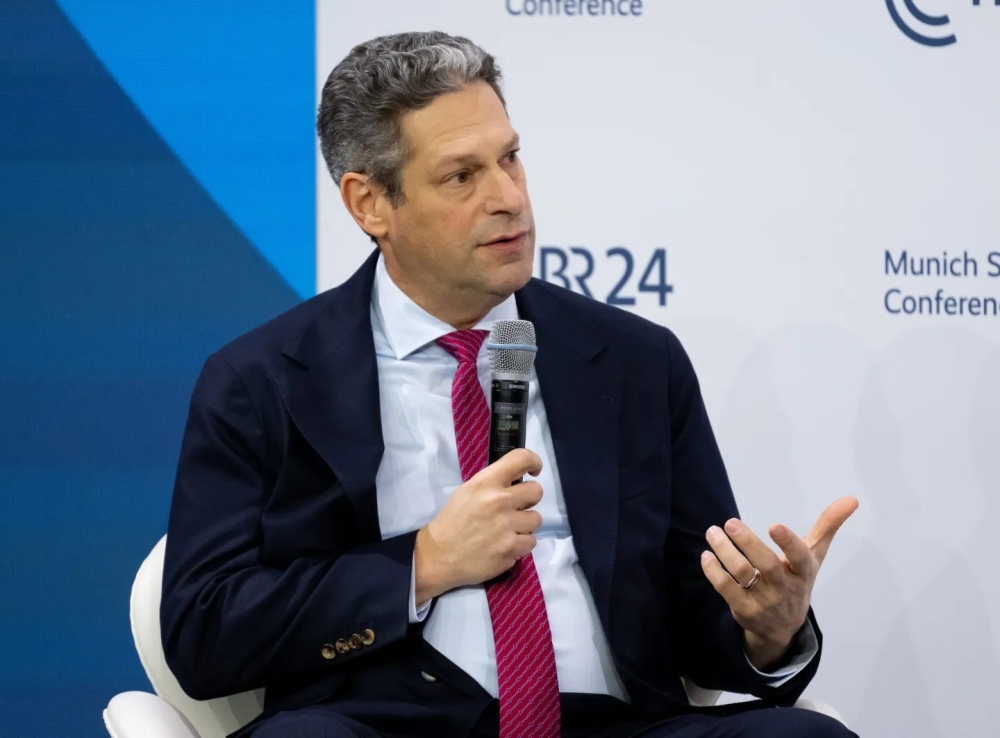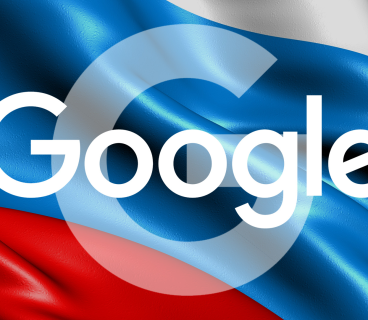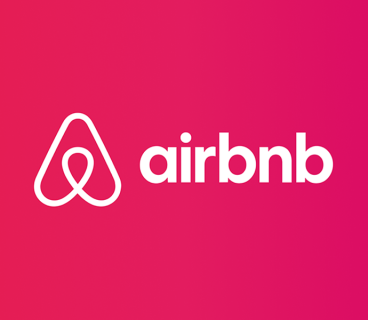Meta has voiced concerns about the European Union’s new artificial intelligence (AI) regulations. The company announced that it will not sign the voluntary “Code of Practice of General Purpose AI” published on July 10, citing legal uncertainties and provisions that go beyond the scope of the law.
Joel Kaplan, Meta’s Chief Global Affairs Officer, stated on LinkedIn that the EU Commission’s code creates legal challenges for AI model developers and imposes obligations that exceed those in the forthcoming AI Act. According to Kaplan, this approach risks putting European technology companies at a competitive disadvantage.
The Code of Practice aims to encourage companies to prepare for the new rules ahead of the AI Act, which is set to take effect soon. Although signing the code is voluntary, companies that do so benefit from reduced administrative burdens and increased legal clarity.
OpenAI announced on July 11 that it would sign the document. The EU’s AI Act will require general-purpose AI providers to ensure transparency regarding training processes, security risks, and copyright compliance. Non-compliance may result in fines of up to 7% of a company’s annual global revenue.
Kaplan believes that the current EU approach could hinder AI development and adoption, weakening the competitiveness of the technology sector and causing Europe’s tech ecosystem to fall behind globally.







